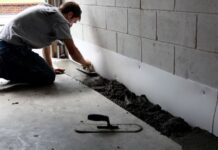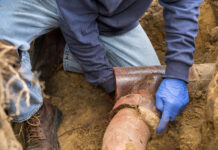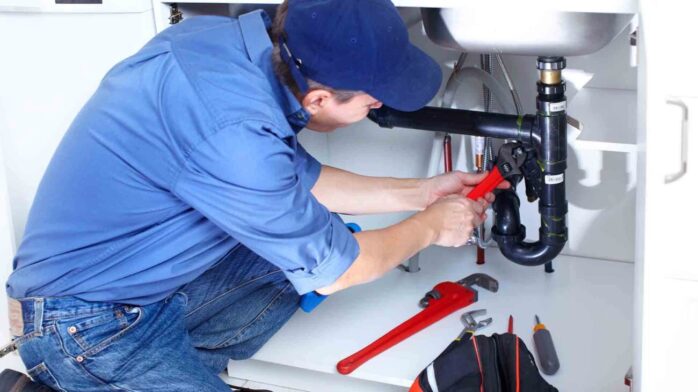
Plumbing issues can be a major inconvenience and cause damage to your home if not addressed in a timely manner. From leaky faucets to clogged drains, it’s important to be aware of the signs of potential issues and take steps to prevent them. Regular maintenance and inspections can help detect problems early and save you money in the long run. But there are some things you can do on your own to save money and keep your system running well.
Preventative Maintenance
Proper maintenance is key to keeping your plumbing in good working order. Regular inspections can help detect potential issues before they become major problems. For example, inspecting your faucets for leaks and checking your toilets for signs of wear can help prevent costly repairs down the road. Additionally, properly maintaining your plumbing fixtures, such as cleaning your showerheads and aerators, can help improve their performance and longevity.
Regular Maintenance
Regular maintenance is a crucial step in extending the life of your plumbing system. It involves having your plumbing system inspected and serviced by a professional plumber on a yearly basis. During this maintenance, the plumber will check for any potential issues such as leaks, clogs, and corrosion, and perform necessary repairs.
By having regular maintenance, you can catch small problems before they turn into bigger, more expensive issues. Additionally, regular maintenance can improve the efficiency of your plumbing system, which can save you money on water and energy bills. To keep your plumbing system in top condition, it is essential to have it checked and maintained annually by a professional plumber.
Fix Leaks Immediately
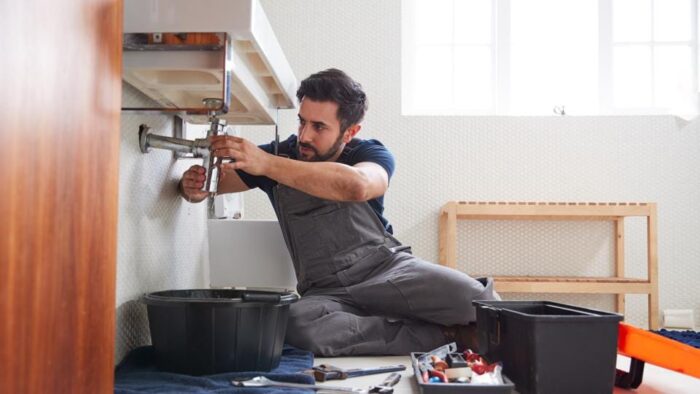
Fixing leaks immediately is essential for stopping small problems before they turn into expensive ones. Small leaks may seem insignificant, but they can quickly turn into major problems if left unchecked. Not only do leaks waste water and increase your utility bills, but they can also cause damage to your pipes, floors, and walls. Leaks can also create the perfect environment for mold growth, which can be a health hazard. To avoid these problems, it is important to address leaks as soon as they are discovered. Most leaks can be repaired very quickly and easily. If you’re unsure of how to perform the repair, make sure to call a plumber.
Install Water-Saving Devices
Water-saving devices reduce water waste by controlling the amount of water used for various tasks such as washing dishes, taking showers, and flushing the toilet. This not only saves water and money on utility bills but also decreases the strain on pipes. Over time, excessive water usage can wear down pipes and lead to leaks, clogs, and other problems. By reducing water waste, you can decrease the pressure on pipes, which can prolong their life and prevent costly repairs. Investing in water-saving devices is a smart, eco-friendly choice that can help you conserve resources and keep your plumbing system in top condition.
Avoid Using Harsh Chemicals
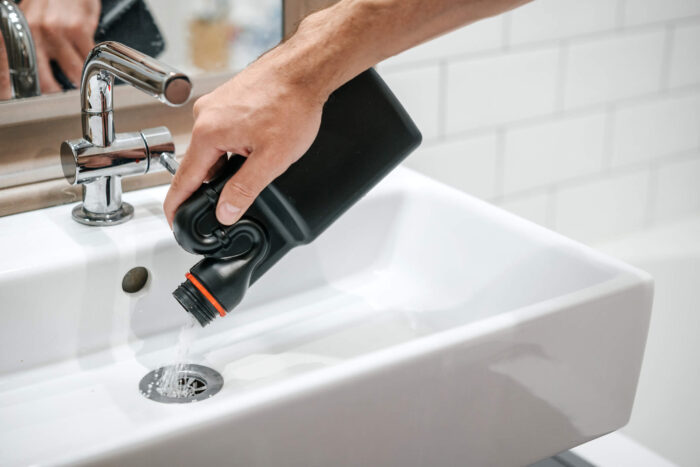
Avoiding the use of harsh chemicals is important for extending the life of your system and protecting the environment. Harsh chemicals such as drain cleaners, bleach, and ammonia can cause damage to pipes and harm the environment. Over time, the chemicals can corrode pipes and lead to leaks, clogs, and other problems. Furthermore, these chemicals can harm the ecosystem by contaminating water sources and affecting wildlife. To protect your pipes and the environment, it’s recommended to avoid the use of harsh chemicals and opt for more environmentally friendly solutions.
Avoid pouring grease down the drain
Avoiding the practice of pouring grease down the drain is crucial for preventing clogs that require a plumber to fix. Grease from cooking, such as oils and fats, can solidify inside pipes, causing blockages and slowing down the flow of water. Over time, clogs can lead to leaks, water damage, and other costly problems.
Furthermore, pouring grease down the drain can harm the environment by contaminating water sources and affecting wildlife. Instead, allow the grease to cool, then pour it into a container and dispose of it in the trash. This simple step can save you money on plumbing repairs and it’s better for the environment.
DIY Plumbing Repairs
While some plumbing issues will require the help of a professional, there are many common repairs that you can do yourself. For example, unclogging a drain can be done using a plunger, draino, a snake, or a mixture of baking soda and vinegar. Fixing a leaky faucet is another common repair that can be done with a few simple tools and a YouTube video. However, it’s essential to know when to call in a professional plumber. If you have a major leak or a problem with your main sewer line, it’s best to contact a plumber to avoid causing further damage that will end up costing a lot of money in repairs.
Pay Attention to Tree Roots
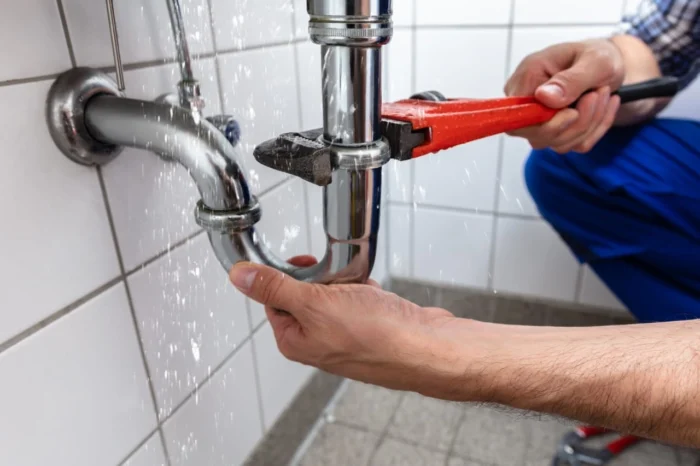
Being mindful of tree roots is important in preventing plumbing problems. Tree roots have the potential to penetrate and damage pipes, causing leaks and blockages. To avoid this, it’s important to keep an eye on any nearby trees and monitor their growth.
If you suspect that a tree’s roots are posing a threat to your pipes, you may want to consider getting the tree removed. This proactive measure can help to avoid potential plumbing issues and costly repairs in the future. By taking the time to monitor trees near your pipes and taking appropriate action, you can help to ensure that your plumbing system is protected and functioning properly.
Properly maintaining and repairing your plumbing can save you money and prevent damage to your home. Regular inspections, preventative maintenance, and DIY repairs can help keep your plumbing in good working order. Additionally, conserving water not only helps the environment but also helps you save money on your water bill. By following the tips in this post, you can take action to maintain your plumbing and keep your home in good condition.


